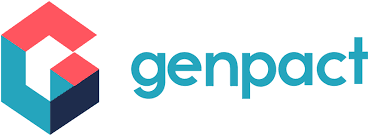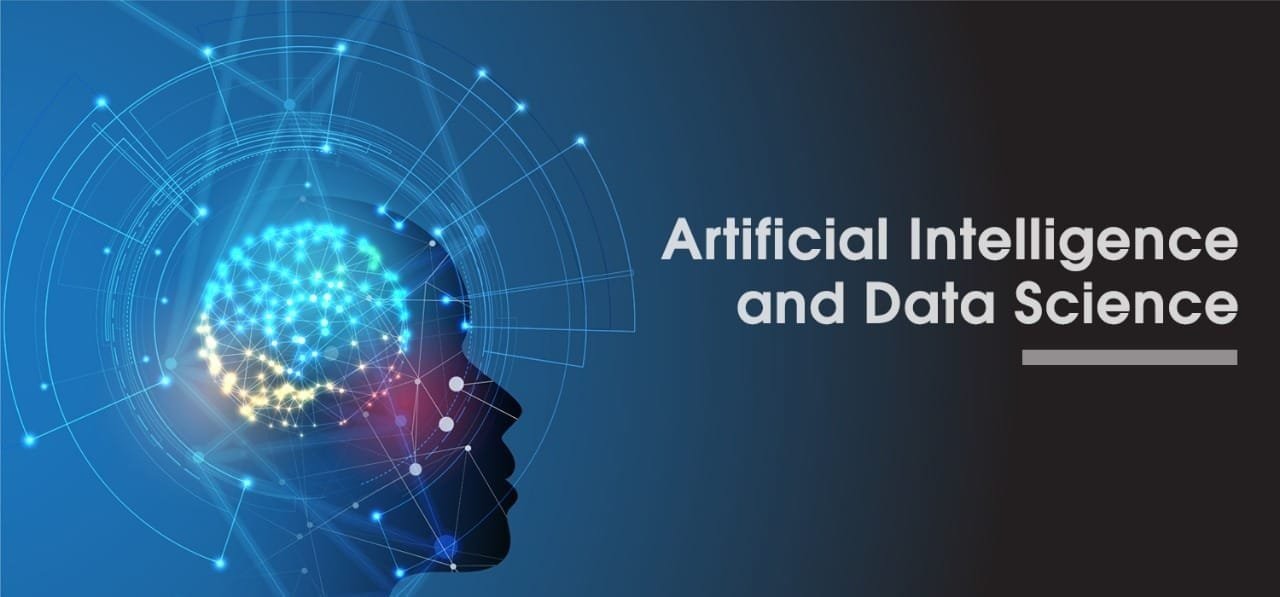
— What is Data Science and Artificial Intelligence (AI)?
Data Science
Data Science is the field of analyzing and interpreting data to extract valuable insights. It combines statistics, programming, and domain knowledge to solve real-world problems.
Key tasks include:
- Collecting and cleaning data.
- Building predictive models using machine learning.
- Visualizing insights through charts and dashboards.
Applications: Personalized recommendations, fraud detection, and predictive analytics.
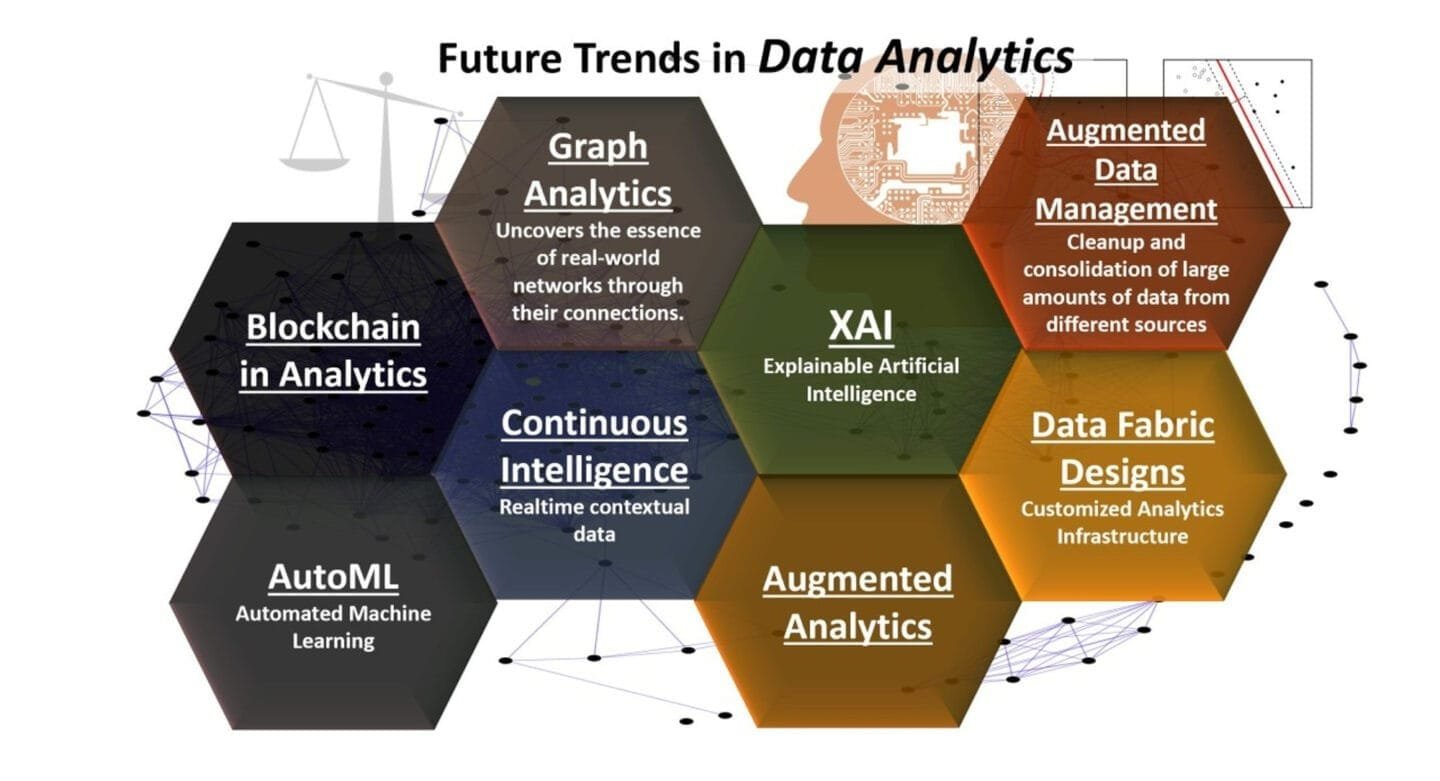
Artificial Intelligence (AI)
AI involves creating intelligent systems that can think, learn, and make decisions like humans.
Key areas include:
- Machine Learning: Systems that improve with data.
- NLP: Language understanding (e.g., chatbots).
- Computer Vision: Visual data interpretation (e.g., facial recognition).
Applications: Virtual assistants, self-driving cars, and automation.
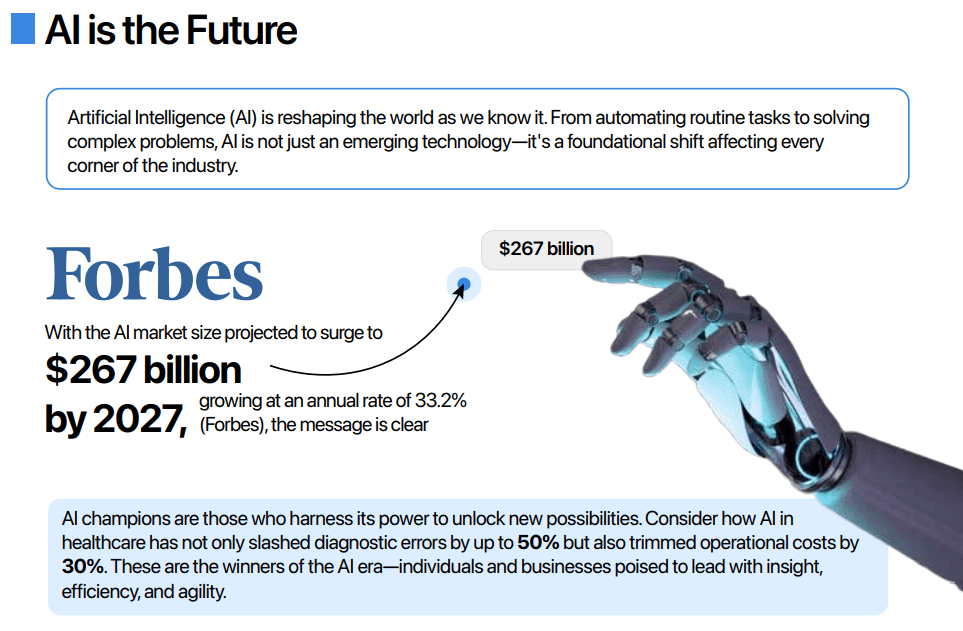
How Do They Work Together?
— The Connection Between Data Science and Artificial intelligence
Data Science provides the data and insights that AI systems use to make decisions. AI, in turn, automates and enhances Data Science processes. Together, they power innovations like :
- Predictive Analytics: Anticipating future trends.
- Automation: Streamlining business processes.
- Enhanced Decision-Making: Leveraging data-driven insights.
— The Future of Data Science and AI



Transforming Industries
Data Science and AI are reshaping sectors like healthcare, finance, retail, and transportation by enabling smarter decisions, automation, and personalized experiences.
Emerging Trends
- AI Automation: Replacing repetitive tasks and improving efficiency.
- Generative AI: Creating content and solutions using tools like ChatGPT.
- Edge AI: Real-time AI on devices for IoT and smart systems.
- Ethical AI: Focus on transparency, fairness, and data privacy.
Career Opportunities
Demand for roles like Machine Learning Engineer, Data Analyst, and AI Product Manager will surge as businesses increasingly adopt AI-driven solutions.
Why It Matters
The future of Data Science and AI offers innovation, high-impact careers, and solutions to global challenges. Embrace these technologies to stay ahead in a data-driven world.


— Globally Recognised
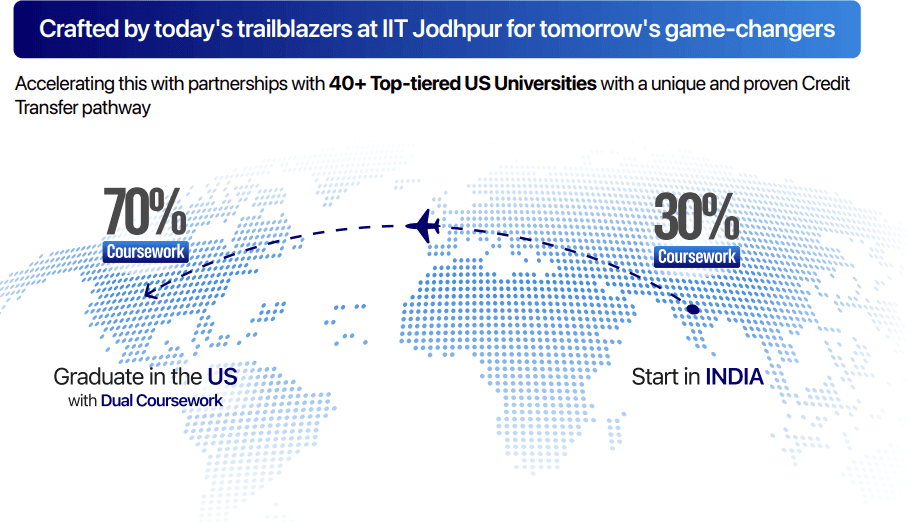
A globally recognized degree in Data Science and Artificial Intelligence (AI) equips you with the skills and knowledge to thrive in today’s technology-driven world. These degrees are designed to meet international standards, ensuring their value and credibility across industries worldwide. By earning such a degree, you gain expertise in cutting-edge technologies, including machine learning, big data analytics, and AI-driven decision-making, preparing you to tackle complex global challenges. Whether your goal is to work with leading multinational companies, contribute to groundbreaking research, or develop innovative AI solutions, a globally recognized qualification in Data Science and AI opens doors to limitless career opportunities on a global scale.




